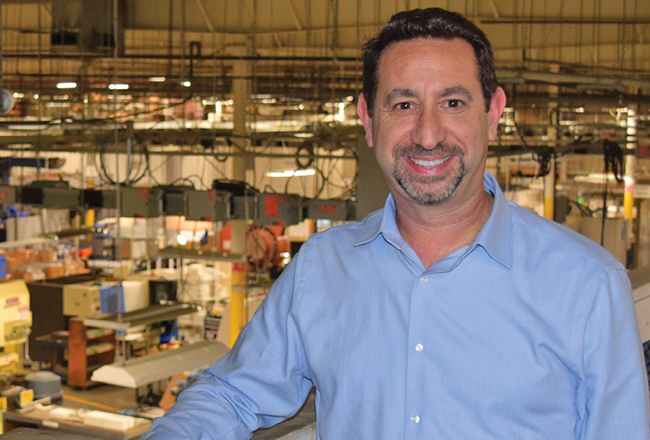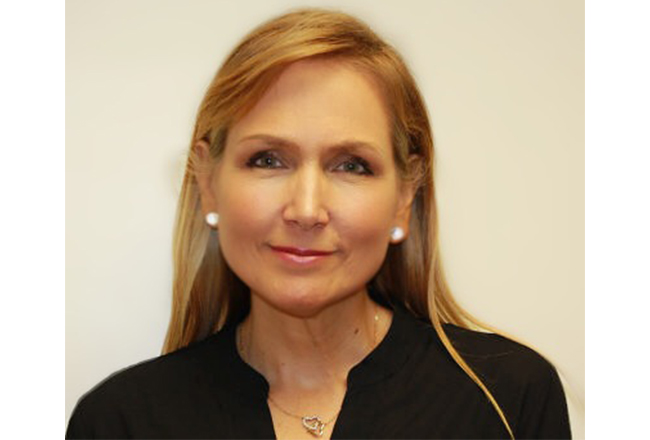
The Connecticut Business and Industry Association (CBIA) has today named Chris DiPentima as its next president and CEO. He succeeds Joe Brennan, who is retiring on Aug. 3 after 32 years at the trade group”™s helm.
DiPentima is division president of Leggett & Platt Aerospace, which includes Pegasus Manufacturing in Middletown. DiPentima became president of Pegasus in 2006 and Leggett & Platt acquired the company in 2016. DiPentima also leads operations for Leggett & Platt Aerospace locations in Washington, California and France.
Earlier in his career, DiPentima spent eight years as an attorney representing corporations and individuals on issues including labor and employment, contracts, workers”™ compensation, and mergers and acquisitions.
He served as chairman of the CBIA board from 2018-19 and chairs the Connecticut Manufacturers”™ Collaborative, and also serves on the board of the Connecticut Manufacturing Innovation Fund. Additionally, DiPentima is a past board member of the Connecticut Technical High School System and past president of Aerospace Components Manufacturers.
“The CBIA board of directors conducted an extensive, statewide search for our organization”™s next leader, with the search process showcasing an impressive number of highly qualified candidates,” said CBIA board chairwoman Jennifer DelMonico, managing partner with the law firm Murtha Cullina LLP. “Chris DiPentima stood out for his many private sector successes, his demonstrated leadership skills, his commitment to Connecticut, and his thoughtful, strategic vision for CBIA. Tough times demand special leaders and Chris is the right person to steer CBIA as the organization helps rebuild the state”™s economy in the wake of the coronavirus pandemic.”
In a January 2019 interview with the Business Journal, DiPentima viewed manufacturing as a growth industry for Connecticut, but he warned that it needed to be better publicized in order to attract a new workforce.
“One of the things we definitely need to do is to continue to market it as a career,” he said. “It is still viewed by some parents and guidance counselors ”” especially in the comprehensive schools ”” as dirty, dark and dingy. But if you walk on a floor anywhere in Connecticut, you”™ll see a lot of computer-controlled machines and floors that you can eat off.
“We”™ve done a great job at the technical high school and community college systems, but there are two untapped markets: the traditional comprehensive high schools where the kids are programmed into two- and four-year college degrees; and in the inner cities, where there”™s a big opportunity.”




















